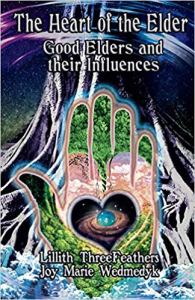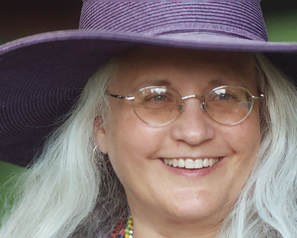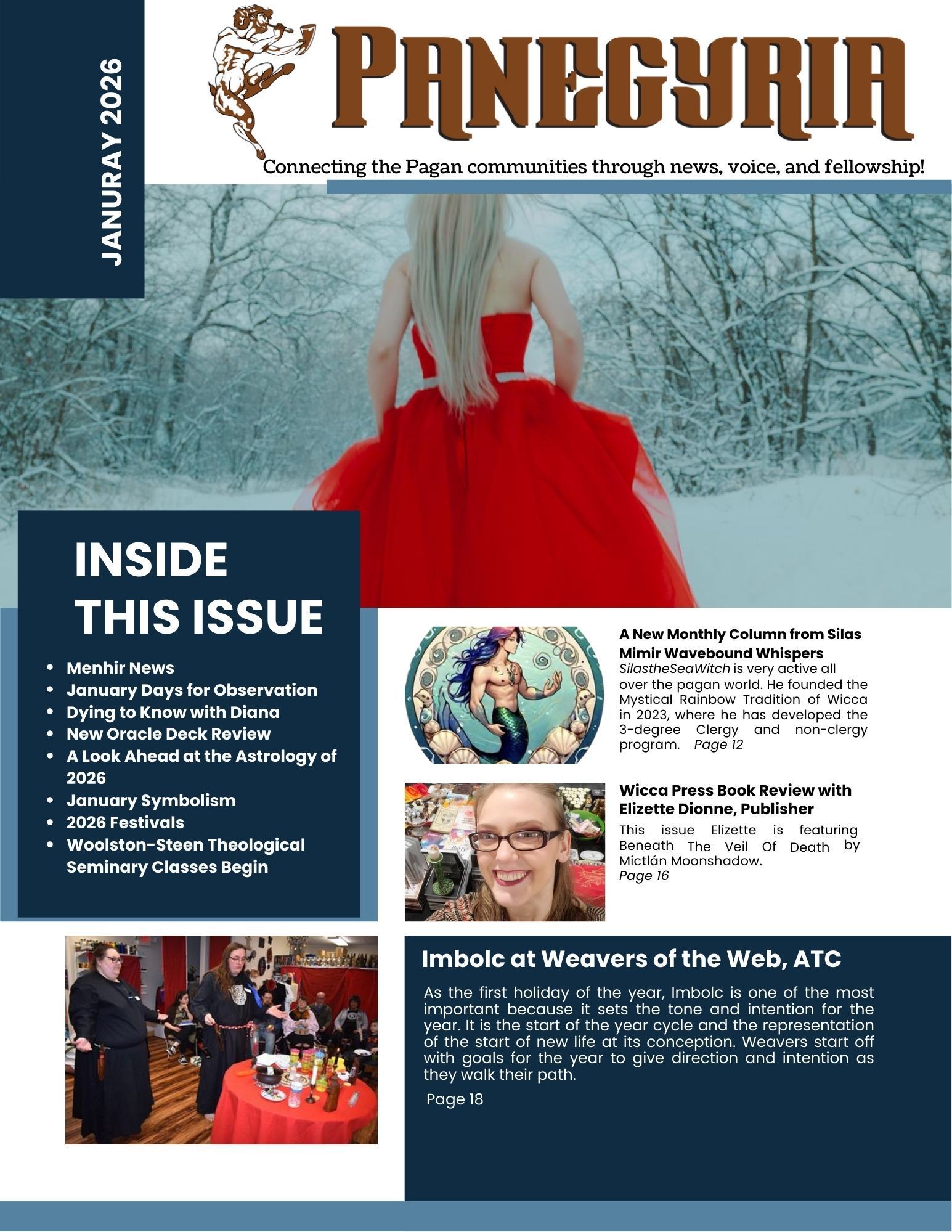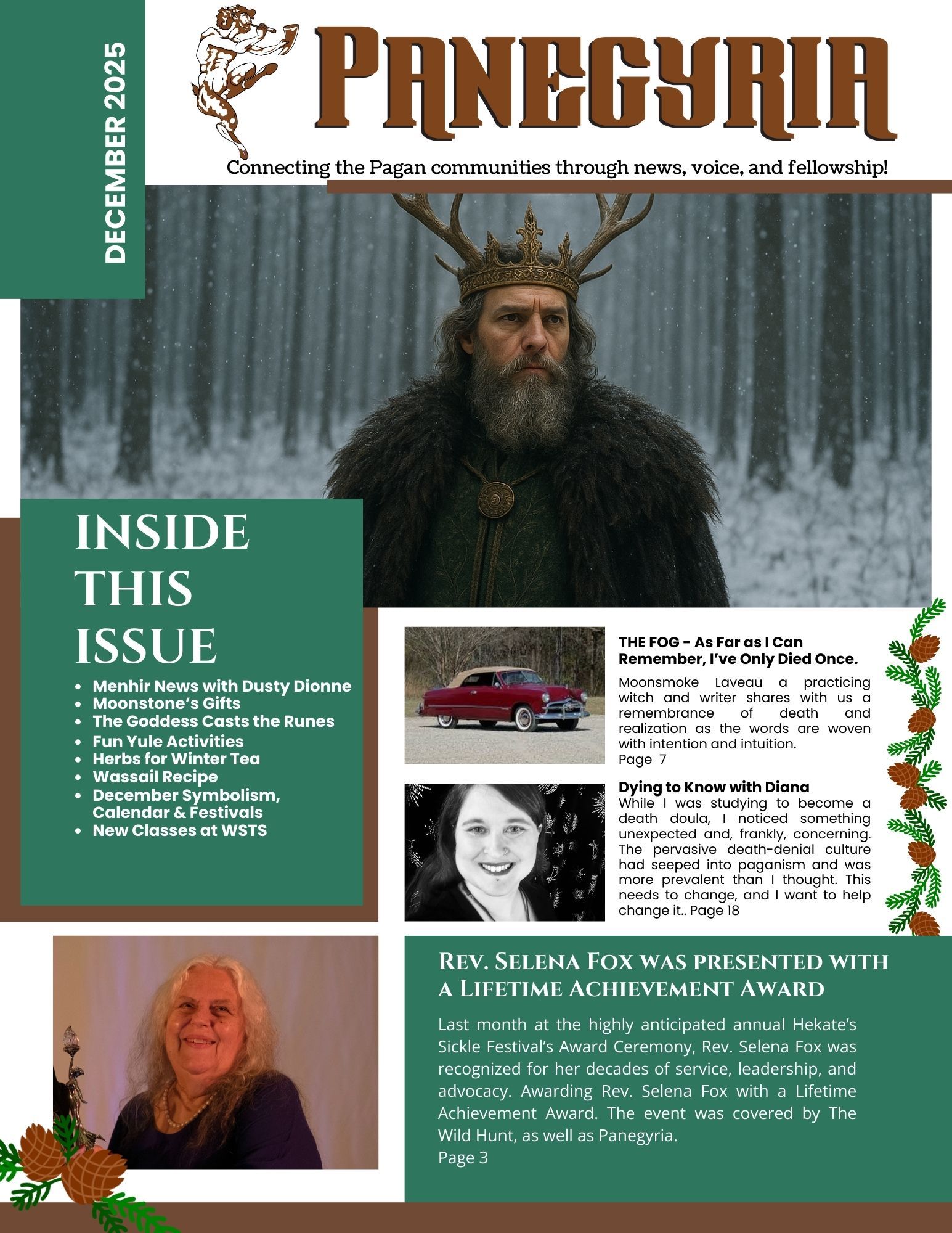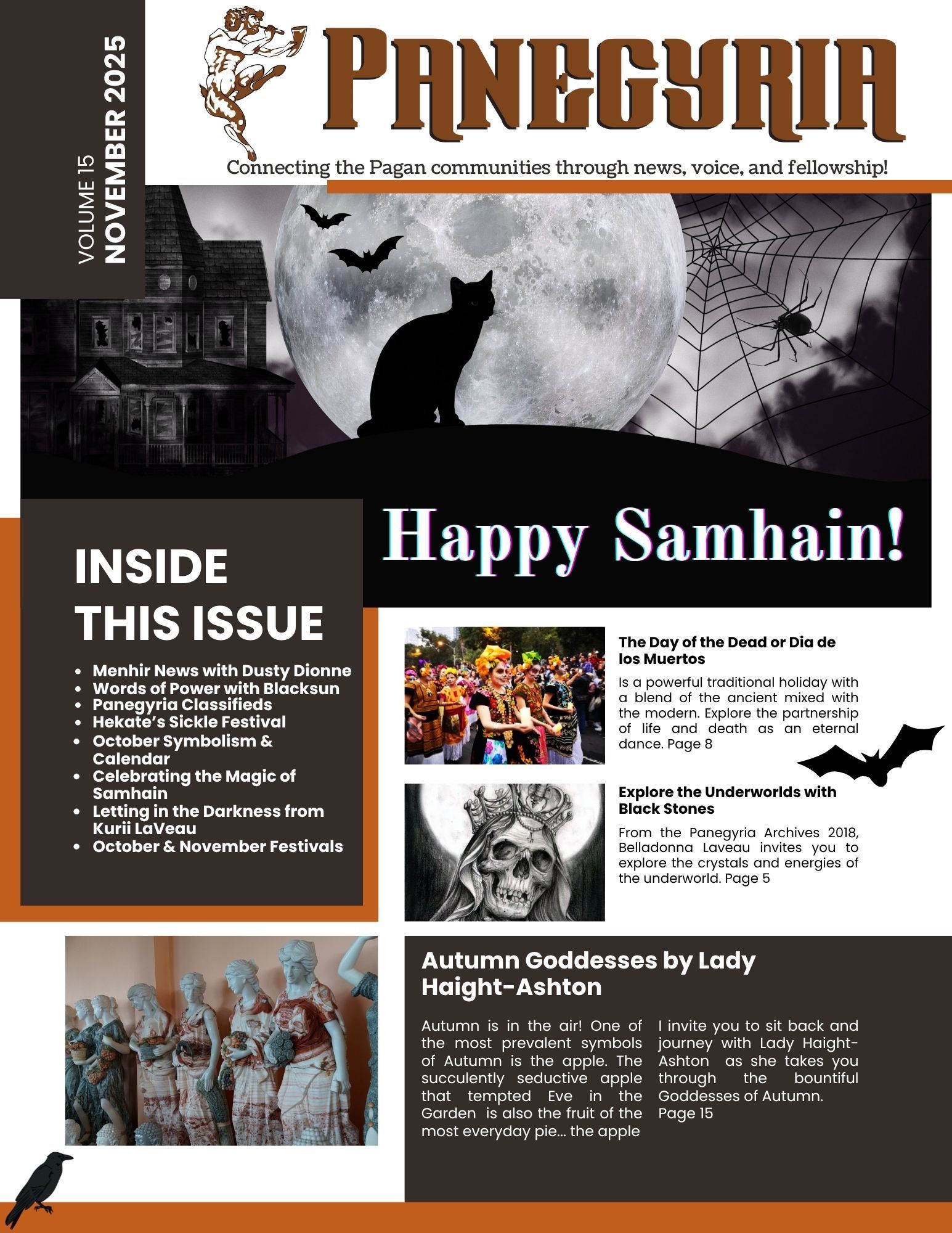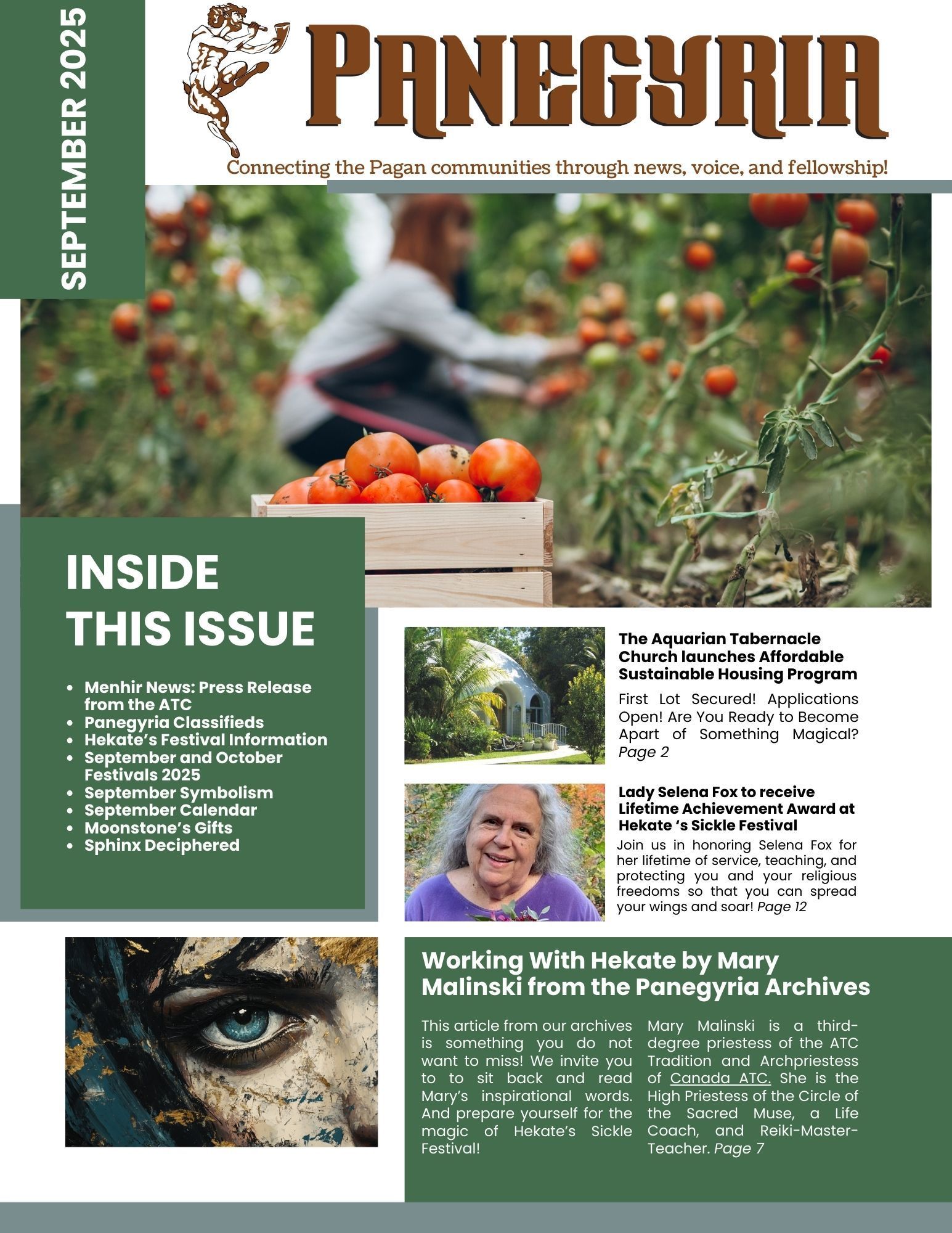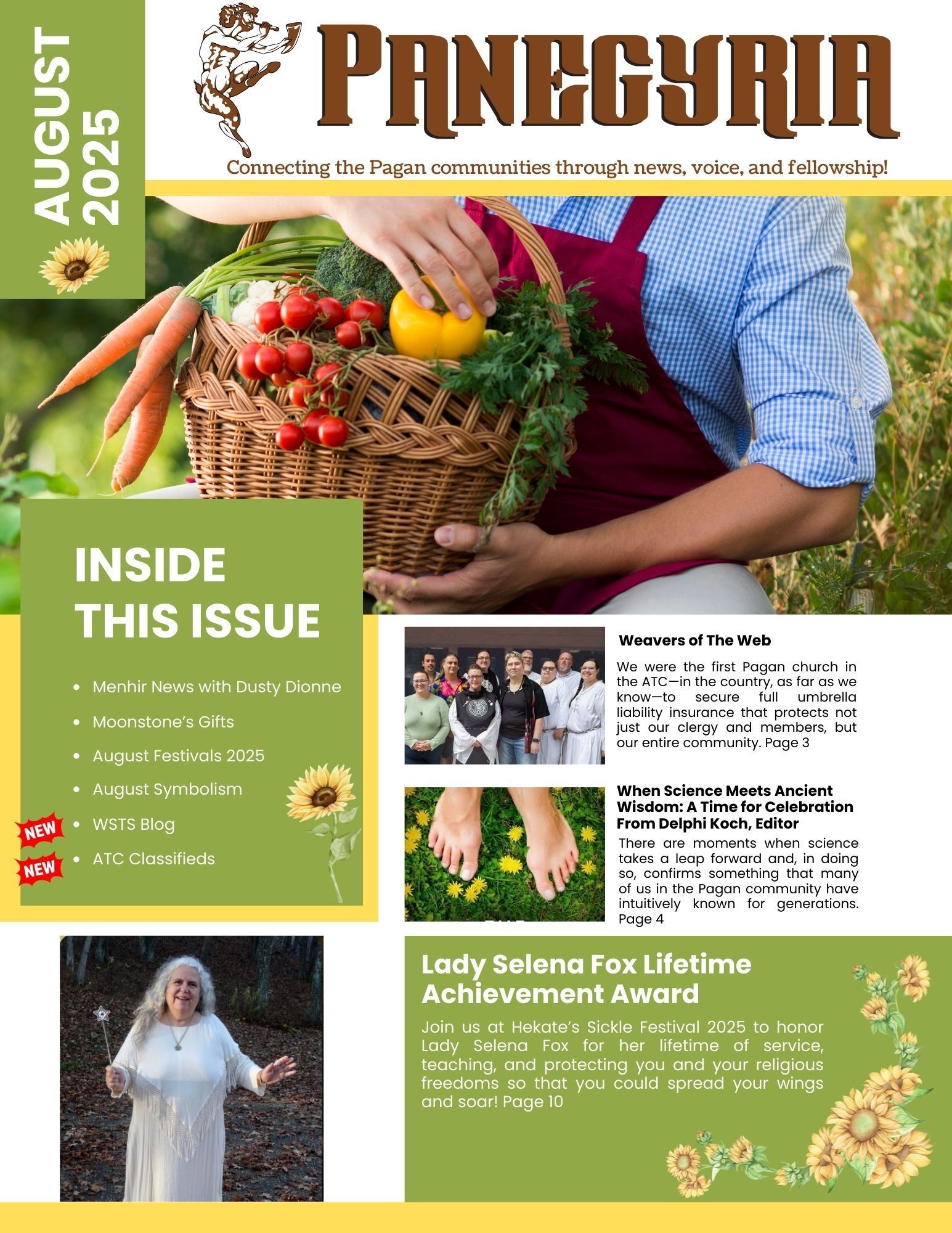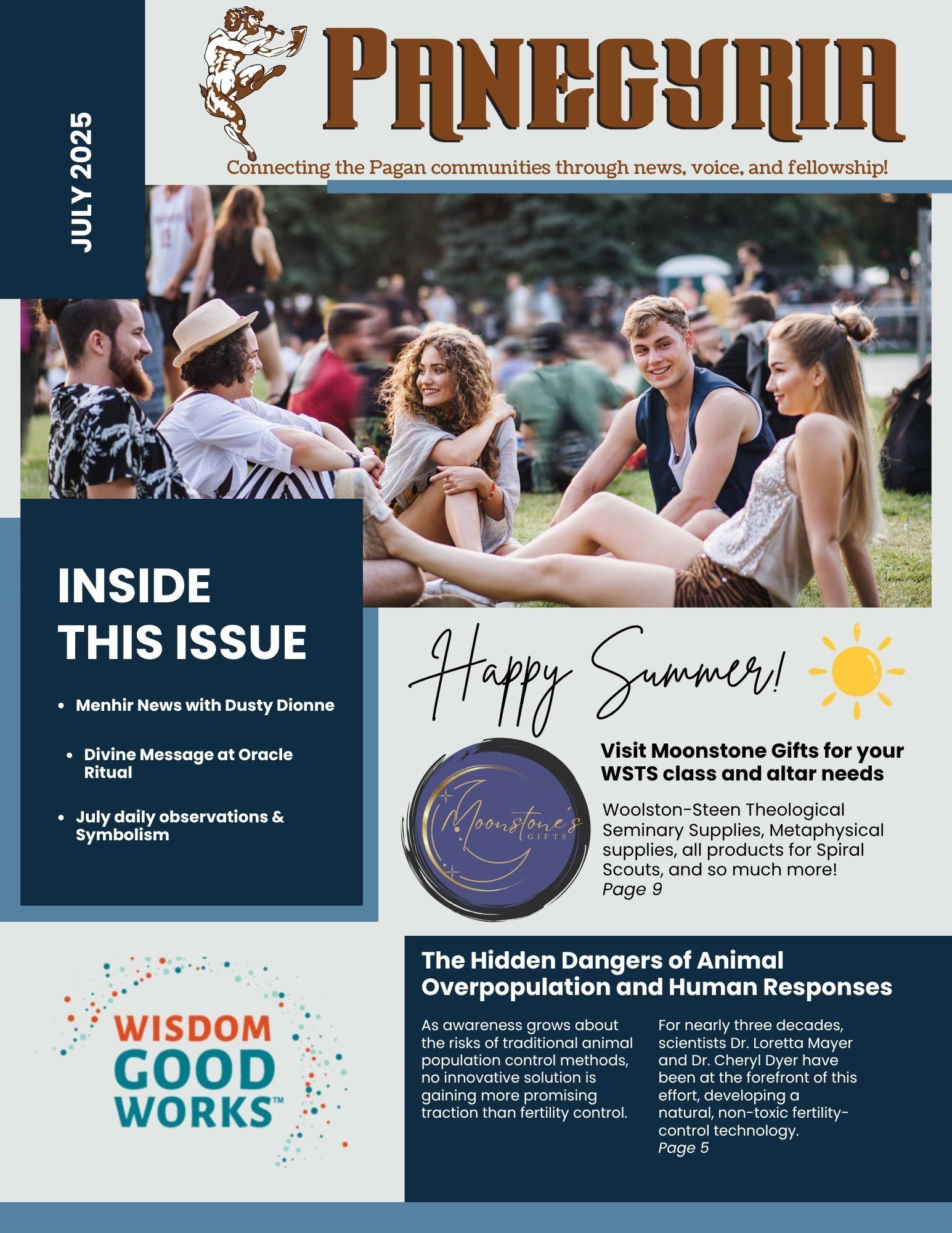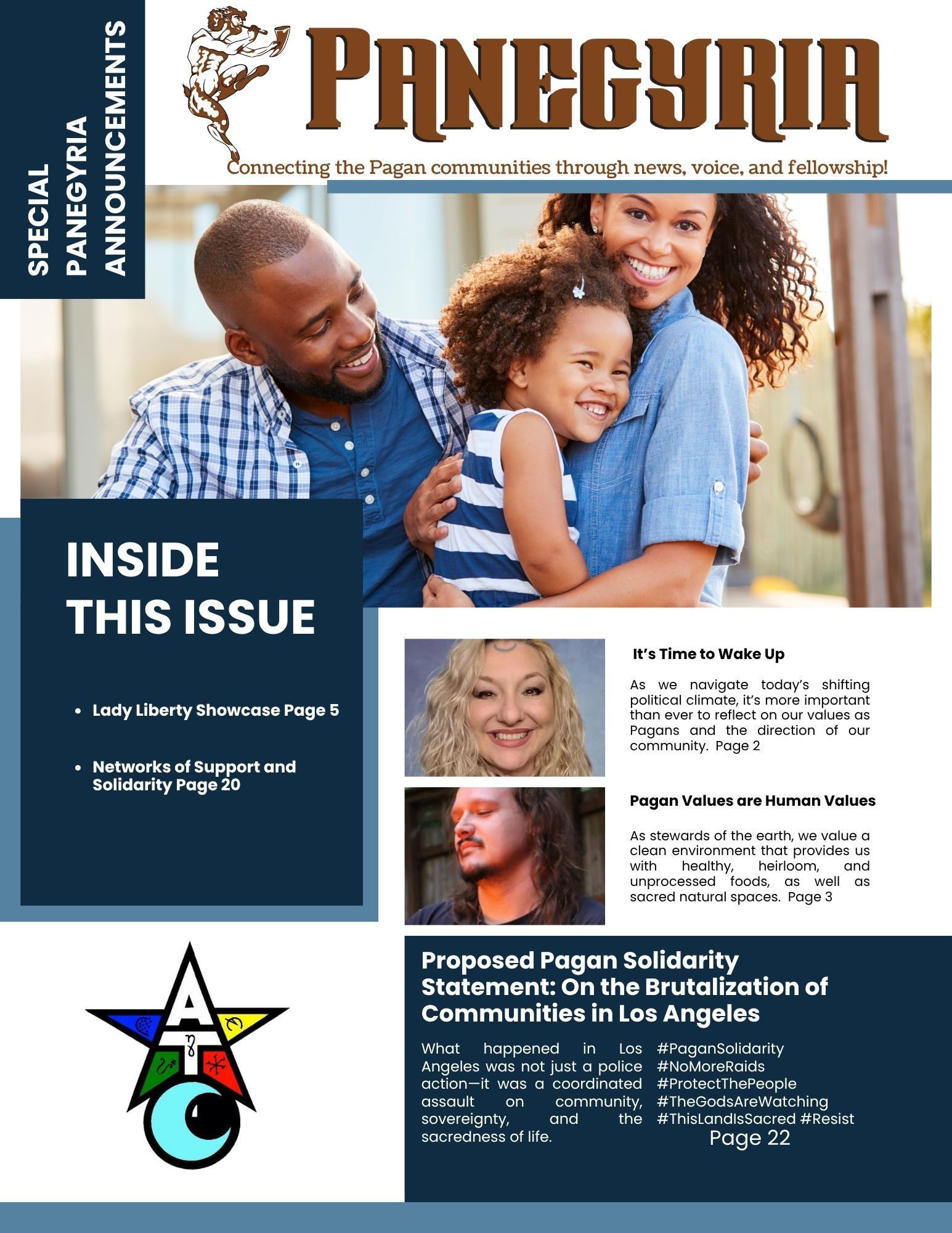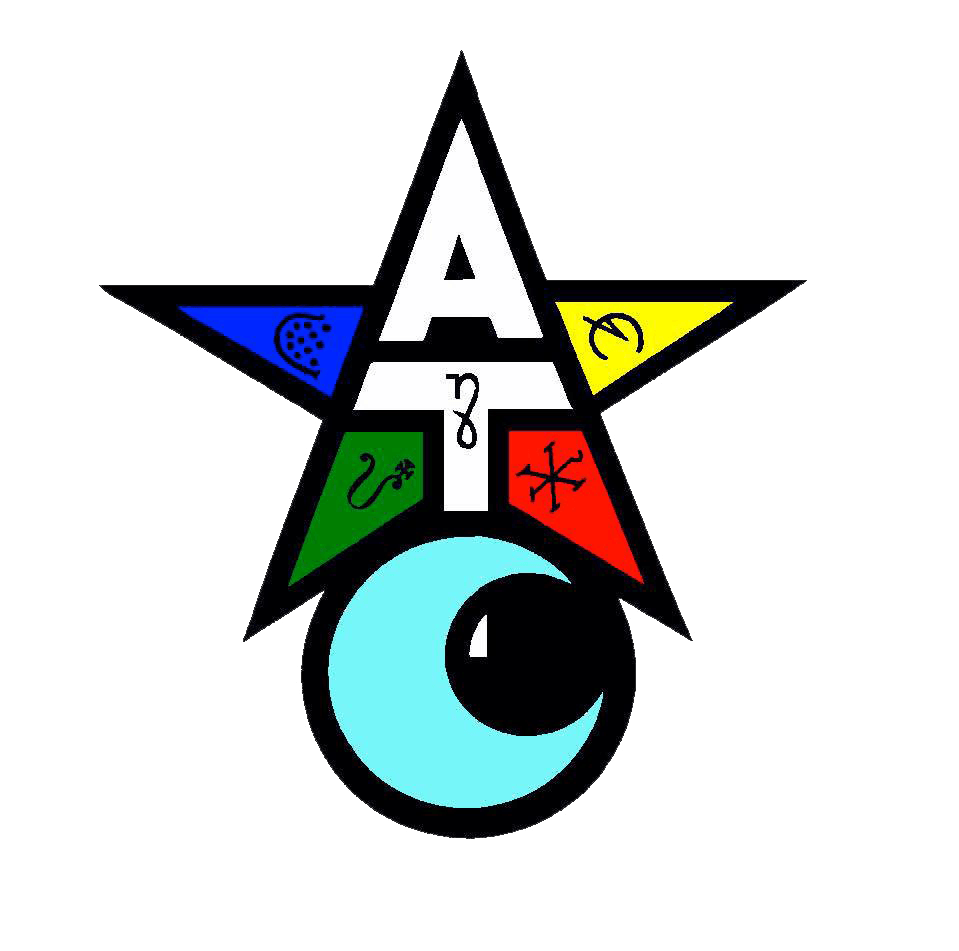Q&A with Lillith Threefeathers
Lillith ThreeFeathers works as a medium, psychic reader, shamanic and alternative healer, writer, and visionary. She has studied dreamwork, shamanic practices, alternative and ceremonial healing, the Toltec Way, and Goddess spirituality for more than 40 years. In addition to shamanic initiations, she has trained as a priestess of Lilith since the Eighties. She is also initiated in Regla de Ocha (Lucumi).
Lillith's new book called Heart of the Elder: Good Elders and Their Influences, co-authored with Joy Marie Wedmedyk was released August 30, 2018 by Megalithica Books, a division of Immanion Press. You can buy it online through Immanion Press, Amazon, and Barnes & Noble. Coming soon in ebook.
Q & A with the Author
What kind of Pagan do you identify as?
My worldview is shamanic: I believe in that everything in this beautiful world — every being, person, animal, tree, even places in nature — has spirit and has a reason for existence. We are interconnected, and that interconnectedness continues even after death. My religion is Lucumi.
What is your background that influences your spirituality?
My grandfather was my first teacher, and he gave me a love of nature and nurtured my pagan spirit. When I was 10 years old I began reading any books available about ancient cultures, starting a lifelong fascination. Over the last forty years I have walked both an initiatory and shamanic path seeking to comprehend the world. I studied dreamwork, mediumship,
ceremonies, and various healing methods with Shamans and Elders from North America (including Cuba and Mexico), Australia, Africa, and South America. In addition to shamanic initiations in a number of traditions, I am an initiated priestess of two amazing goddesses: Lilith and Yemaya. I am still amazed by the miracles that arise from interactions with the Divine Ones.
What brought you to study Lilith?
In 1987, I was extremely ill and my doctors told me I had three years to live. Since I had young children, I asked for help to stay alive to raise them. An amazing goddess answered me and changed my life. She was Lilith, but when she appeared, I had no idea who she was. That’s when I began researching her.
You have researched so many paths, what drew you to Lucumi?
I was not drawn to Lucumi so much as lead to it. Many years ago, I began dreaming of a large African man with an infectious grin. As with so many other puzzles, I searched for information on this man, and he turned out to be an Orisha.
Is Lucumi another name for Santeria?
Yes, Santeria is sometimes used to refer to Lucumi, but the term Santeria could also refer to other very different belief systems. It is an umbrella term for many of the African Diaspora Traditions just as the word Christianity is a generalization: it can mean diverse things to different people. Santeria is a nebulous term used for a number of very different traditions that could be considered religious, spiritual or witchcraft and magical practices.
In truth, Santeria is a very controversial term. Many of the followers of the African Diaspora Traditions do not like it because of its historical basis in the slave-master structure. In many places, the slaves could not worship their gods unless they subsumed the practices under the guise of worshiping Catholic saints.
Are there any common misconceptions about Lucumi that you would like to share?
There is the belief that only African Traditional and African Diaspora Religions incorporate animal sacrifice. This ignores the current-day practices of many mainstream religions (such as Islam) and the traditions obviously embedded in Judeo-Christian sacred writings.
These traditions are also believed by some people to be less civilized. Although they have existed continuously for thousands of years, there are some extremely modern beliefs built into
the sacred stories. For instance, the belief in evolution existed as a standard within the civilizations that were plundered for the slave trade all those centuries ago.
What is your favorite part about teaching?
I love it when a student makes the leap to something I have not yet mentioned in class. And that moment when they have a realization about the material, that is what makes teaching great.
About Lillith ThreeFeathers
As a spiritual teacher, Lilith presents workshops and classes on Lilith and other Goddesses, dreaming practices, shamanism, alternative healing practices, healing through ritual, mediumship, the Toltec Way, and religions of the world. She is part of the faculty at Woolston-Steen Theological Seminary (also known as the Wiccan Seminary). Follow Lillith’s Blog on Wordpress titled Lillith’s Corner and visit her website Lillith Threefeathers to read more.
Lilliths next class, Myth 170: Introduction to the Orishas for Wiccans, will be starting soon. Visit the Woolston-Steen Theological Seminary to enroll now at www.wiccanseminary.edu

